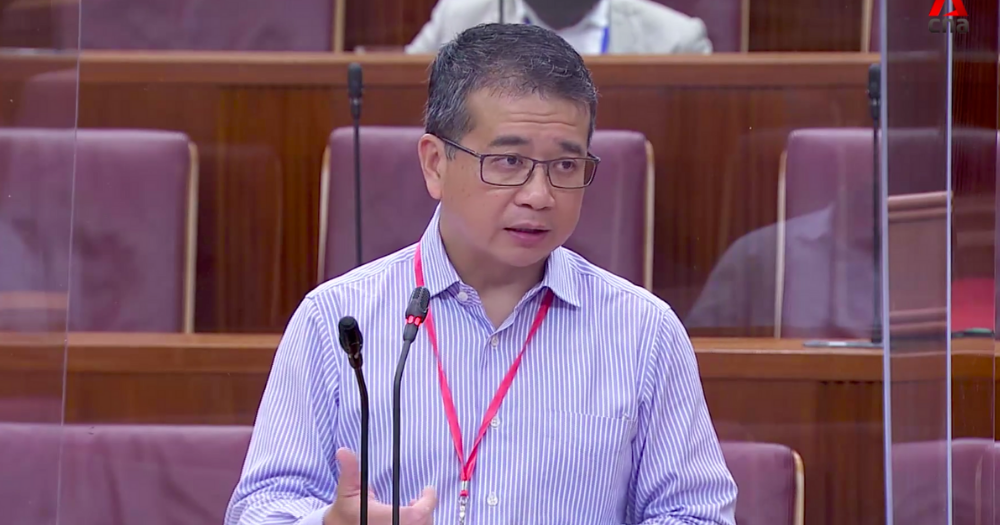The Covid-19 pandemic has fundamentally altered business conditions on the ground, and because of the drastic changes, the Ministry of Law (MinLaw) recognises the need to address the issues of contracts that may no longer be workable in the current landscape.
A third round of amendments to the Covid-19 (Temporary Measures) Bill was introduced by Second Minister for Law Edwin Tong in Parliament on Tuesday (Nov. 2).
The bill, which is expected to pass the House later this week, provides for a Re-Align Framework to help businesses that have been significantly impacted by Covid-19 to renegotiate selected types of contracts with their counter-parties.
Support for smaller and micro enterprises
Given that many businesses have been severely impacted by Covid-19, they will need to review their business models in the face of the changed economic conditions.
Due to the pandemic, contractual obligations need to be reviewed so that businesses do not unduly suffer.
The framework targets smaller and micro enterprises, as they in particular may find it difficult to navigate renegotiating or exiting their contracts due to the large penalties or damages they may incur.
Process
The framework provides a platform for businesses to renegotiate the terms of relevant contracts in light of the changed economic situation.
If the negotiations are unsuccessful, the contract may be terminated. Parties are still liable for their outstanding debts and obligations, but are not liable for early termination penalties.
An independent assessor may be summoned to arbitrate if there are disagreements.
However, the government hopes that parties can try to come up with renegotiation on their own, without utilising the framework.
"The idea is to give small businesses in today’s environment a suite of options," said Tong during a media briefing on Nov. 2.
Helping small landlords and equipment renters
The government hopes to mitigate the hardship of "small landlords" arising from early termination of contracts. The tenant who does so will have to pay additional compensation to landlords who are eligible, the amount to be determined by an assessor.
The framework also provides an alternative for contract termination for hirers and renters of commercial equipment who do not want to return the equipment as it is their source of income. Instead, they would prefer more time to pay their arrears. The framework includes an option to pay in instalments.
Eligibility criteria
Companies who qualify for this framework must come under a certain revenue cap (as it is meant for smaller and micro businesses) and demonstrate that they suffered a significant fall in revenue due to Covid-19.
Contracts covered by this bill must have been entered into prior to March 25, 2020.
They should also fall into one of these categories:
- A lease or license for non-residential immovable property.
- Hire-purchase or conditional sales agreement for commercial equipment or commercial vehicle (except agreements with banks and financial companies).
- Rental agreement for commercial equipment or vehicle.
- Contract for sale and purchase of goods and services.
It is also not an excluded contract, like consumer, employment and insurance contracts.
The Ministry will reveal more details later.
We deliver more stories to you on LinkedIn
Top image via CNA.
If you like what you read, follow us on Facebook, Instagram, Twitter and Telegram to get the latest updates.
